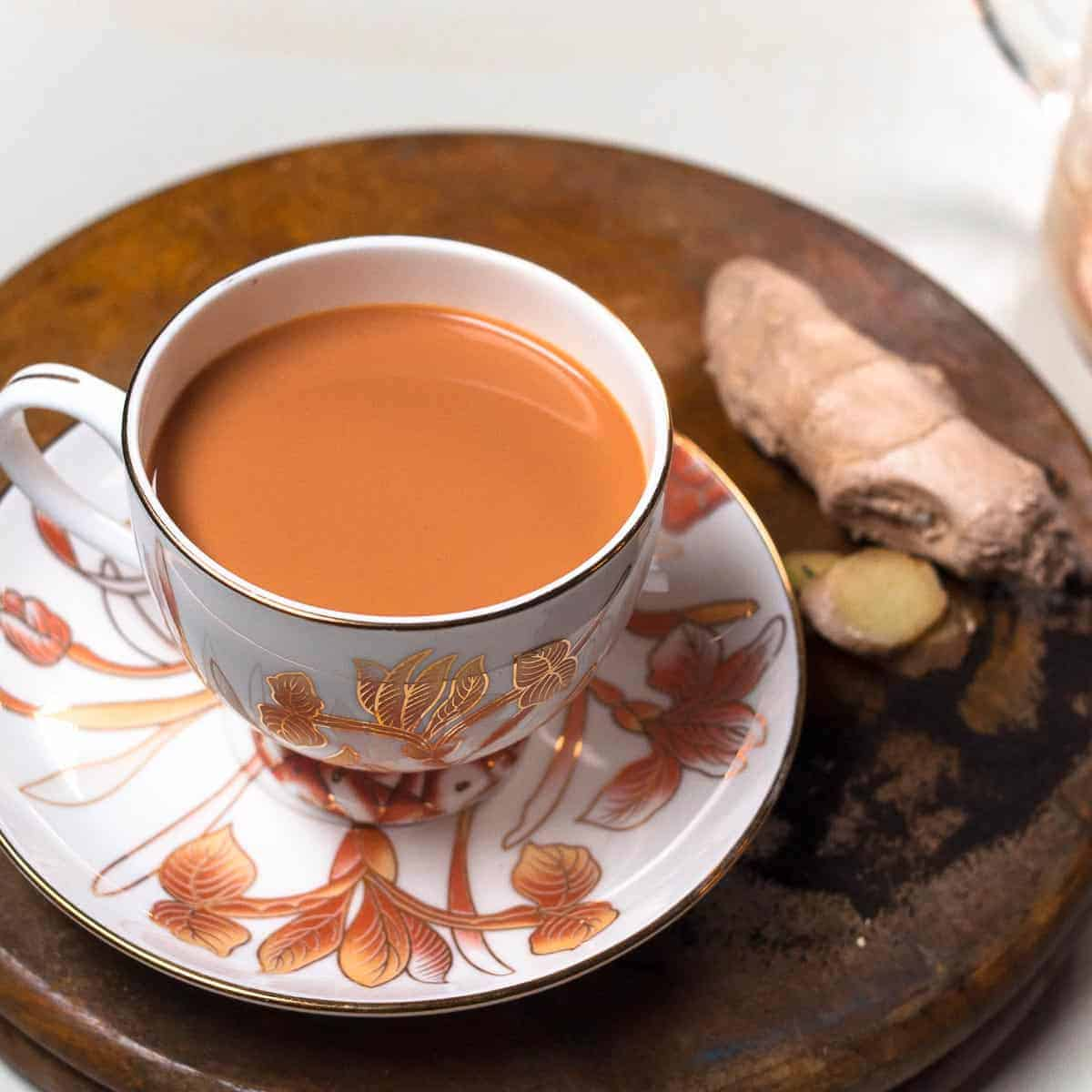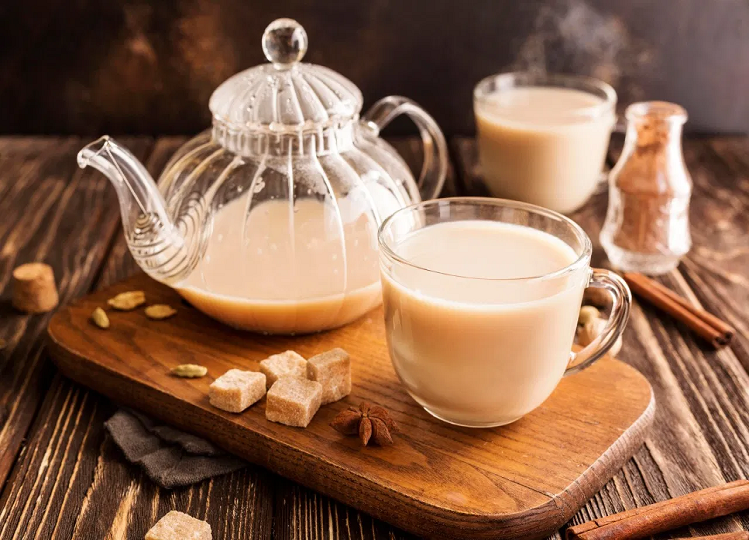
PC: tv9hindi
A large section of the population in India starts their day with a cup of tea. Be it milk tea or bubble tea, these beverages hold a special place in the hearts of many people. However, it is important to know that excessive tea habits can have adverse effects on mental health. Recent research suggests that there is a possible link between tea consumption and depression or increased stress.
A study conducted by Tsinghua University and the Central University of Finance and Economics in China involved about 5,000 students. The findings showed that preferring tea with milk may increase the risk of depression and anxiety.
Connection to loneliness:
The study also found that loneliness is one of the reasons behind the consumption of milk tea. Additionally, the sugar content added to tea can increase stress and depression. Researchers suggest that for some individuals in China and other regions, tea has become a way to manage emotions, comparable to the effects of social media or drug use. Once a tea habit develops, there may be an inability to quit and a constant desire for tea.

PC: Just One Cookbook
Other issues related to tea
Experts also indicate that the caffeine in tea can cause various health problems. The diuretic effect of caffeine in tea can cause dehydration, which can lead to constipation. Additionally, excessive caffeine consumption can disrupt sleep patterns, potentially leading to sleep disorders.

PC: foodviva.com
Reducing tea intake:
To overcome the tea habit, one can try to replace tea with other beverages. Starting the day with lemon water or other non-caffeinated beverages can be an effective strategy. If you feel like drinking tea, consider drinking a glass of water instead. Although it may be challenging to give up tea completely, gradually reducing your intake is a practical approach.










